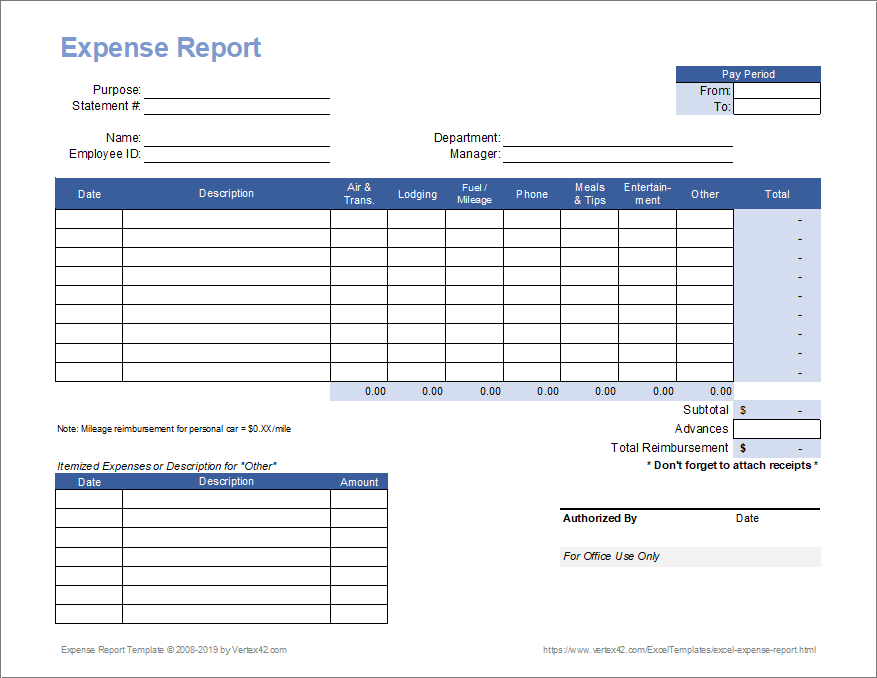Deferred compensation arrangements have become a crucial part of corporate financial strategy and employee retention programs across the UAE. These arrangements not only provide long-term incentives for executives and key employees but also help organizations align compensation structures with performance, sustainability, and future financial planning. Understanding the present value and funding requirements of deferred compensation plans is essential for compliance, transparency, and effective resource allocation.
For businesses operating in the GCC, particularly in Dubai, where global and regional enterprises thrive, evaluating deferred compensation obligations requires in-depth expertise. Many organizations rely on valuation companies in Dubai, UAE to carry out accurate actuarial and financial assessments that ensure these commitments are realistically measured and appropriately funded. This ensures that employers can meet future obligations without compromising financial stability.
What is a Deferred Compensation Arrangement?
A deferred compensation arrangement is an agreement between an employer and an employee where a portion of the employee’s compensation is set aside to be paid at a future date. These arrangements are often tied to retirement, termination of employment, or achievement of specific business milestones.
In the UAE, where companies operate under both international financial reporting standards and regional regulations, these arrangements need careful structuring. They are particularly relevant for multinational companies, family-owned businesses, and government entities that want to attract, reward, and retain senior talent.
The two major forms of deferred compensation are:
- Nonqualified Deferred Compensation (NQDC) – Typically offered to senior executives and does not necessarily follow strict government regulations.
- Qualified Plans – Often structured as pension schemes or savings plans that follow legal and compliance frameworks.
Importance of Present Value in Deferred Compensation
When dealing with deferred compensation, understanding the present value of future obligations is essential. Present value represents the current worth of the future payment obligations, discounted using an appropriate interest or discount rate.
The calculation of present value helps organizations:
- Recognize liabilities on their financial statements accurately.
- Plan funding strategies to meet obligations.
- Assess the cost-effectiveness of the compensation structure.
- Provide transparency to auditors, investors, and stakeholders.
Given the complexity of discount rates, inflation assumptions, and projected employee service periods, businesses often consult valuation companies in Dubai, UAE to ensure accurate and defensible calculations. These firms use actuarial models, risk-adjusted discount rates, and sensitivity analysis to provide reliable reports that stand up to both internal and regulatory scrutiny.
Funding Deferred Compensation Plans
Funding strategies are critical when it comes to deferred compensation. Unlike standard payroll obligations, deferred compensation payouts may stretch over decades. Organizations must decide whether to fund these liabilities in advance or pay them as they become due.
Key funding methods include:
- Corporate Reserves – The company earmarks part of its financial reserves to meet future obligations.
- Insurance Products – Life insurance and annuity products are often used to hedge against longevity risks.
- Trust Arrangements – Funds may be placed in irrevocable trusts to provide employee security.
- Investment Portfolios – Companies may invest specifically to match expected liabilities.
Here, the role of risk advisory services in UAE becomes critical. Organizations must evaluate market risks, liquidity risks, and operational risks to avoid shortfalls in funding. Properly structured funding ensures sustainability and avoids sudden financial strain when payments become due.
Role of Risk Advisory in Deferred Compensation
The valuation of deferred compensation arrangements is not limited to calculating numbers. Organizations must also consider the broader financial risks associated with these commitments. For example, volatility in interest rates, inflation, and foreign exchange fluctuations can significantly impact funding adequacy.
Risk advisory services in UAE provide businesses with holistic solutions to manage these uncertainties. Through stress testing, scenario modeling, and hedging strategies, risk advisors help companies safeguard future obligations. This is particularly relevant in Dubai’s financial ecosystem, where companies operate across multiple jurisdictions and face diverse risk exposures.
Present Value and Funding Report: Key Components
A Deferred Compensation Present Value and Funding Report typically includes the following:
- Plan Overview – Outlining the structure, eligibility, and terms of the deferred compensation arrangement.
- Employee Data Analysis – Age, tenure, salary progression, and retirement assumptions.
- Actuarial Valuation – Present value of liabilities using appropriate discount rates.
- Funding Recommendations – Suggested funding levels, timing, and sources.
- Risk Assessment – Identification of potential financial, operational, and compliance risks.
- Compliance Considerations – Ensuring alignment with UAE corporate governance frameworks and IFRS standards.
These reports serve as a foundation for management decision-making, helping stakeholders understand the financial implications and align funding strategies with business goals.
Why Companies in the UAE Need Professional Valuation Support
The UAE market is unique because of its diverse workforce, international financial practices, and rapidly evolving regulatory landscape. For organizations here, deferred compensation is not just about employee benefits but also about maintaining global competitiveness and financial resilience.
Partnering with experienced valuation companies in Dubai, UAE offers several advantages:
- Accurate actuarial modeling tailored to local and international requirements.
- Independent and unbiased assessments trusted by auditors and regulators.
- Support in integrating deferred compensation liabilities into financial planning.
- Benchmarking compensation strategies with regional and global practices.
This ensures organizations remain compliant, financially stable, and attractive to top-tier talent.
FAQs
1. What is the main purpose of deferred compensation in the UAE?
Deferred compensation is primarily designed to retain top talent, align employee incentives with long-term company goals, and provide financial security upon retirement or separation.
2. How is the present value of deferred compensation calculated?
The present value is calculated by discounting future payments using an appropriate interest rate, while factoring in assumptions about employee tenure, retirement, and inflation.
3. Do all companies in the UAE need to fund deferred compensation plans in advance?
Not necessarily. Some companies choose to fund obligations gradually, while others prefer pay-as-you-go strategies. However, advance funding provides better security and reduces future financial risks.
4. Why should businesses consult valuation companies in Dubai, UAE for these reports?
Because these firms bring technical expertise, actuarial modeling, and compliance knowledge that ensure calculations are accurate, defendable, and aligned with both local and global reporting standards.
5. How do risk advisory services in UAE help with deferred compensation planning?
They help businesses identify, evaluate, and mitigate risks such as market volatility, interest rate changes, and liquidity shortfalls that can affect future funding capabilities.
6. Are deferred compensation arrangements common in family-owned businesses in the UAE?
Yes. Many family-owned businesses implement deferred compensation plans to ensure succession planning, leadership retention, and long-term financial stability for key employees.
















Leave a Reply